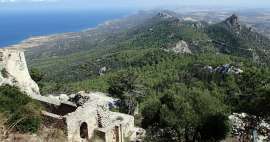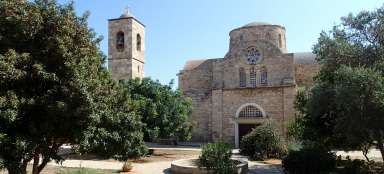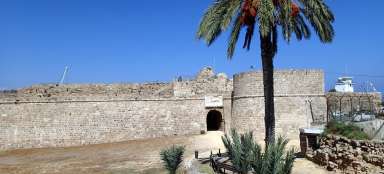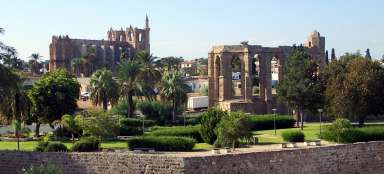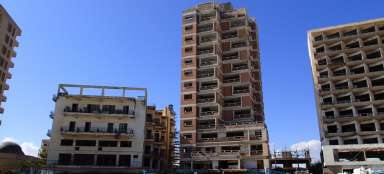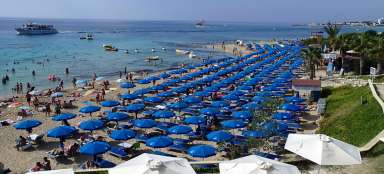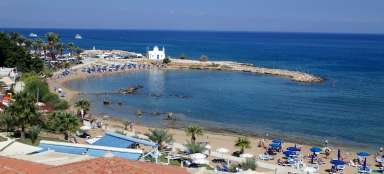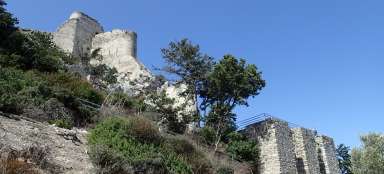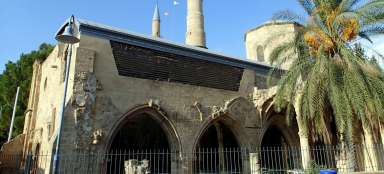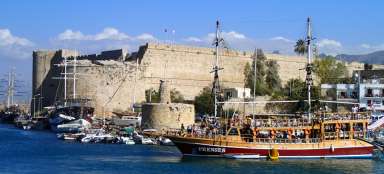One of the most impressive archeological sites in the world
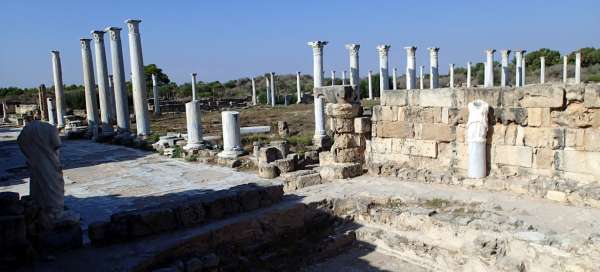
About 7 km north of the center of Famagusta is an extensive archeological site. It is a complex of ancient excavations of the ancient Greek city from the 11th century BC Later, under the Romans, the city of Salamis became the capital of Cyprus. During the wars, the city was destroyed several times and at the beginning of the 4th century it was destroyed by an earthquake, yet it was always rebuilt. Eventually to the gradual decline of the city. It led to the clogging of the port. The city was definitely abandoned after the Arab invasions in the 7th century. The inhabitants moved to today's Famagusta.
Huge archeological site
Salamis (Salamina) was the largest and most fortified city in Cyprus during the Hellenic period. For 1.5 thousand years, Salamis was the center of the political and economic life of the island, at the beginning of our era the population of the city reached 200,000 people. This huge archeological site was discovered during the work of archaeologists in 1952–1974.
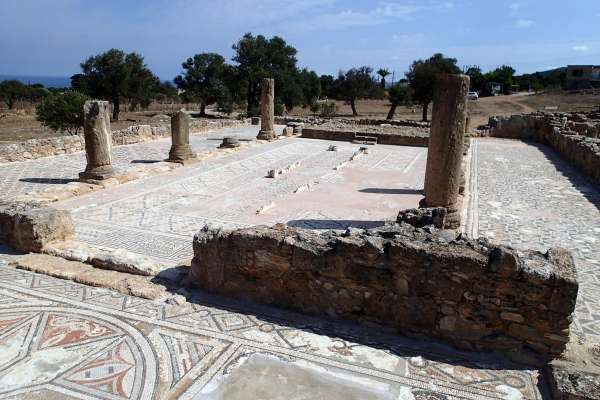
Extensive excavations
It is possible to freely walk through the remains of an ancient temple, an extensive Roman baths. Here you can admire well-preserved columns, statues and mosaics. You can walk around and explore the corridor system and the sophisticated spa heating system.
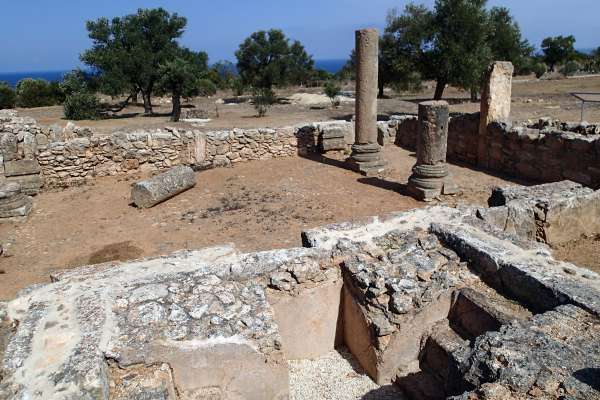
Now
The Agora is a long covered market of ancient Salamis. Column foundations up to 9 meters high and fragments of the columns themselves have been preserved.
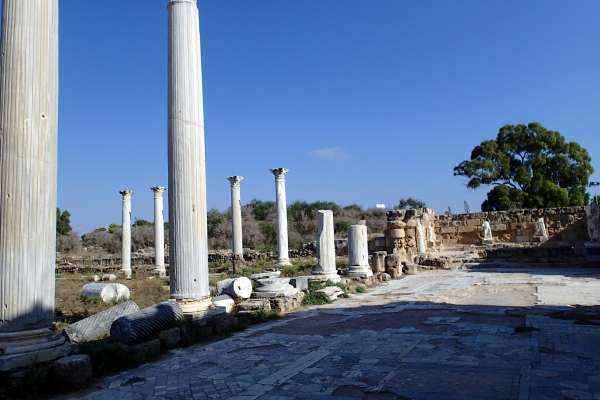
Ancient theater
The ancient theater, also built during the reign of Emperor Augustus, was once the largest theater in the Eastern Mediterranean: it could hold 15,000 spectators and had 50 seats.
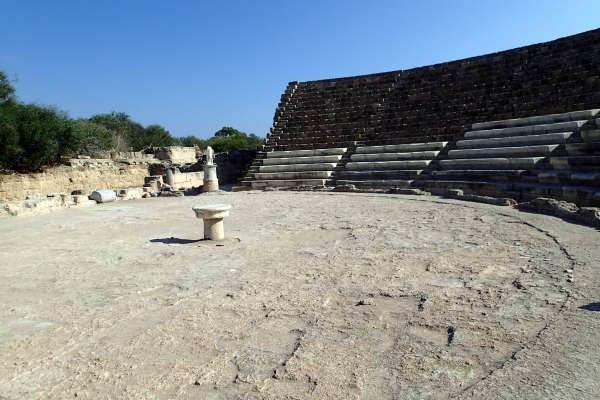
Archaeological complex on the coast
The whole site is relatively large and overgrown. Thanks to the fact that the excavations are located right on the coast, after a demanding tour, it is possible to immediately head down to the beautiful beach and have a snack at the local beach bar and pub.
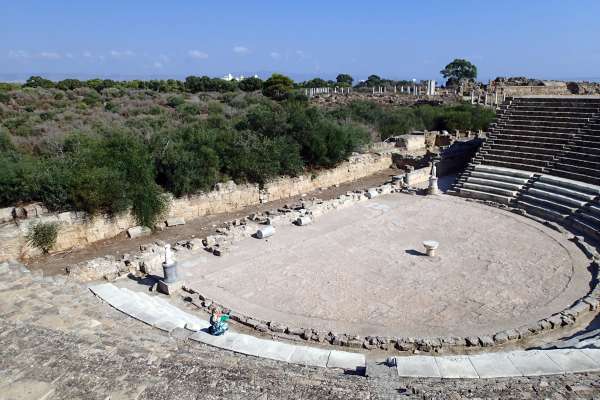
Articles nearby
Giga List: The most interesting places in Northern Cyprus
After the partition of Cyprus, tourism in the north controlled by Turkey almost disappeared. Although it has started to develop… continue reading
